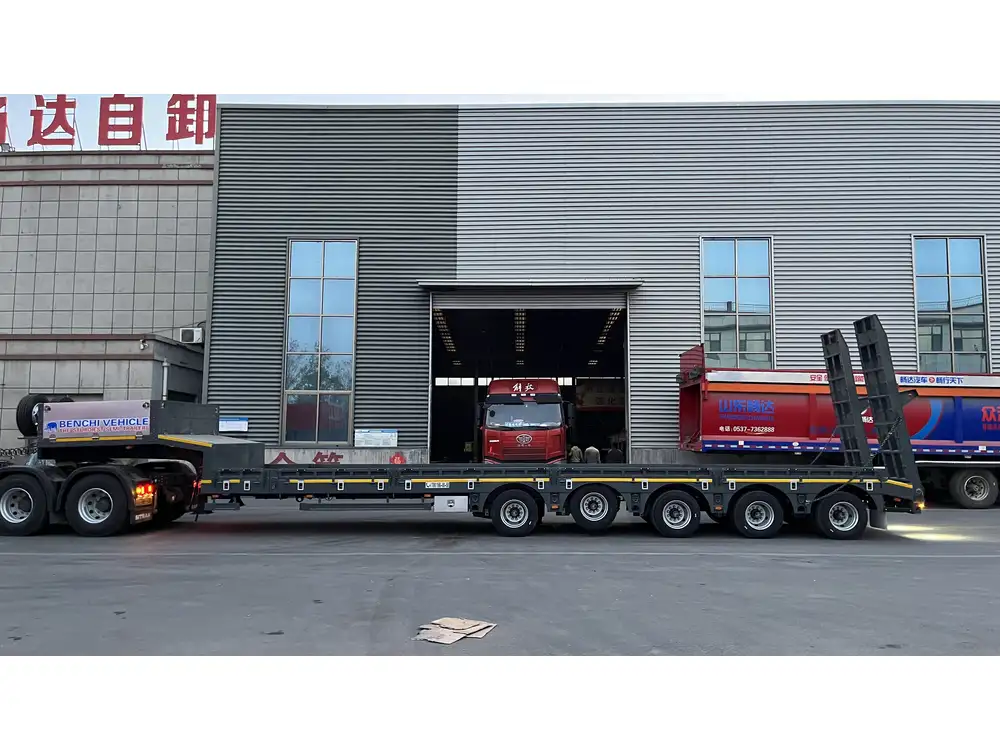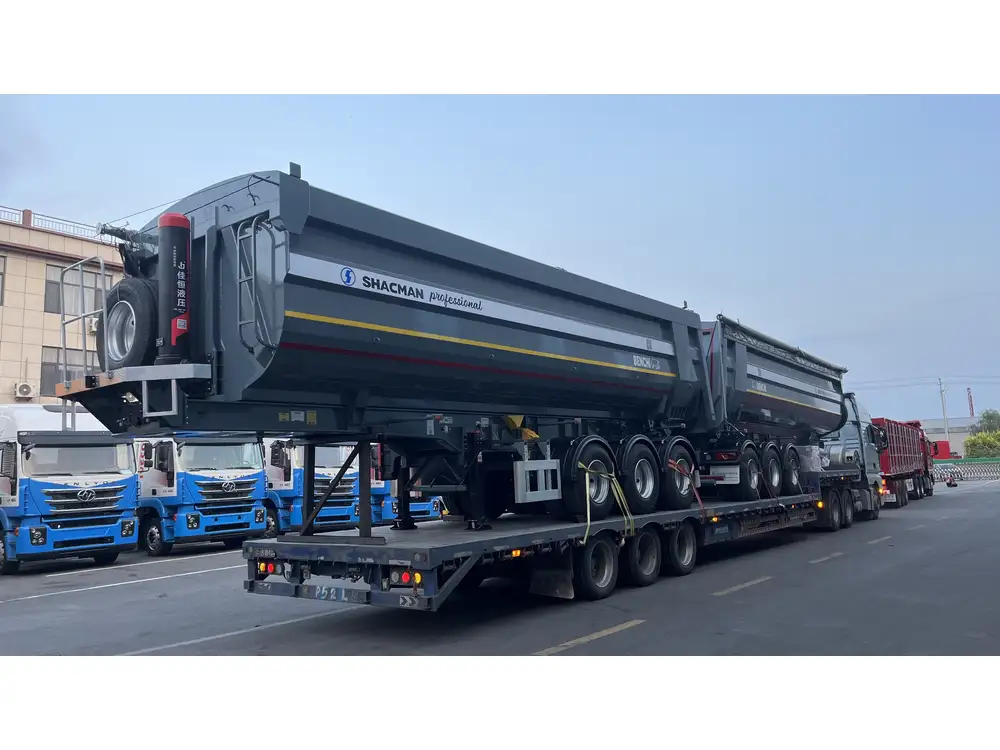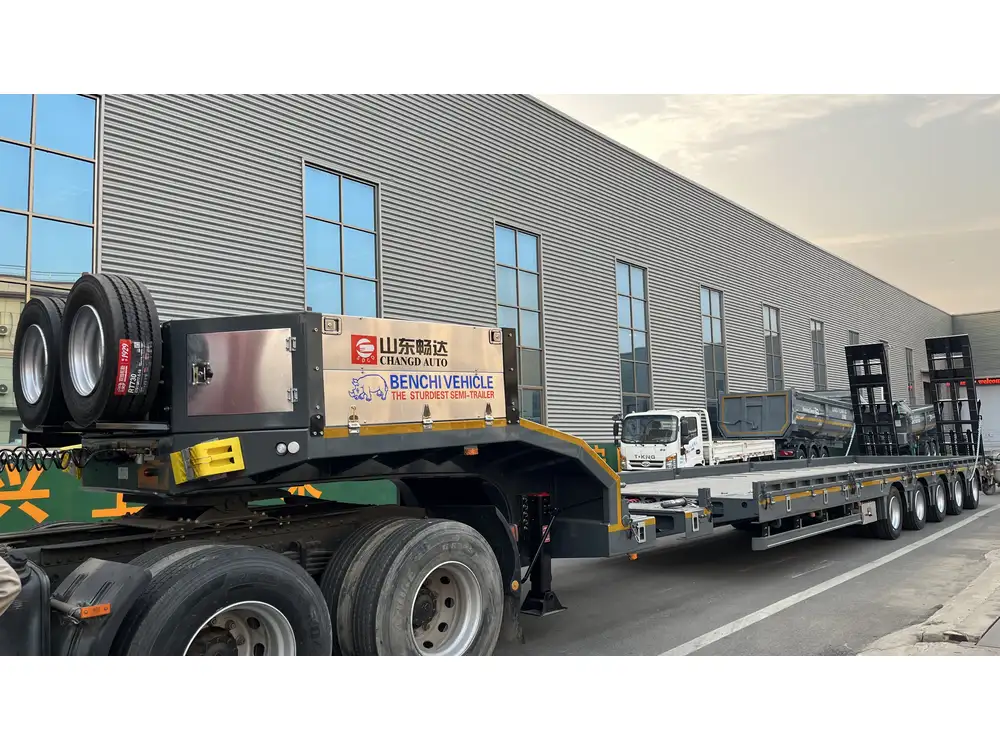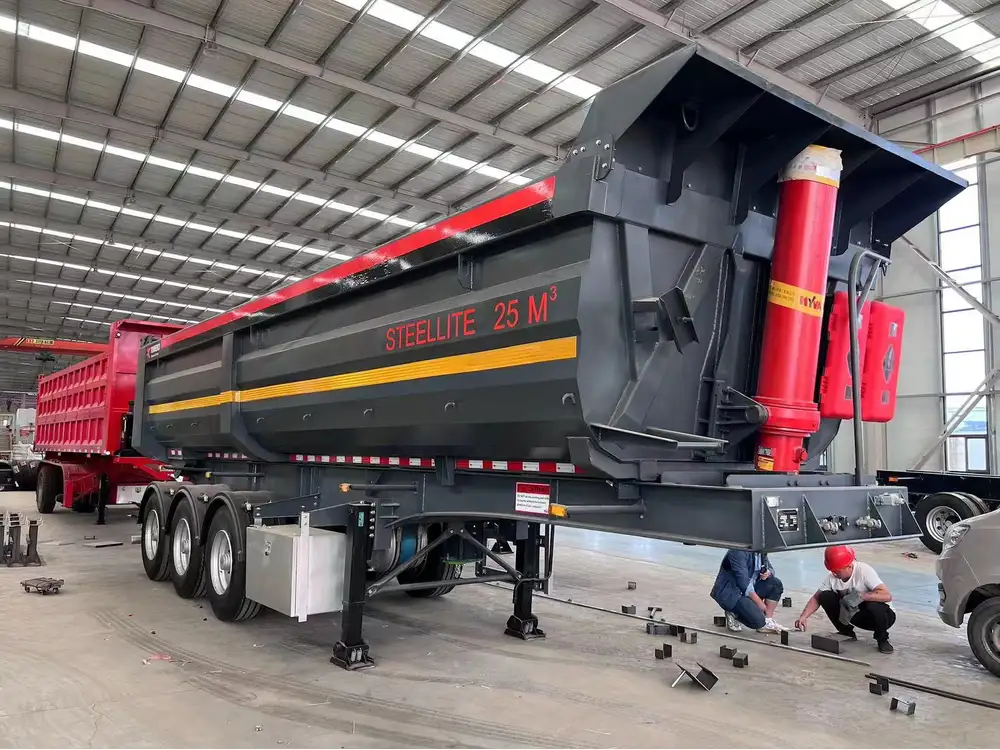Introduction
Traveling in a travel trailer opens up a world of adventure, offering the comfort of home while exploring the great outdoors. However, when the temperature drops, ensuring your water systems remain functional becomes essential. This is particularly true when it comes to heated tanks for travel trailers. Understanding when and why you need these heated tanks can prevent a multitude of issues related to freezing conditions, particularly for avid winter travelers or those venturing into colder climates.
Understanding the Importance of Heated Tanks
Heated tanks hold crucial significance for travel trailer enthusiasts who frequently embark on journeys in low-temperature environments. Water systems are vulnerable to freezing when temperatures dip below 32°F (0°C). If the holding tanks for fresh water, grey water, and black water freeze, a host of issues arises, including:
- Blocked Water Lines: Frozen water can expand, leading to cracks in the plumbing system.
- Unusable Water: Without heated tanks, the water supply may completely halt, causing inconvenience and discomfort.
- Tank Damage: Prolonged exposure to freezing can damage the materials of the tank itself, necessitating costly repairs or replacements.

Types of Heated Tanks
Before delving into specific scenarios in which heated tanks are necessary, let’s explore the different types of heated tanks available for travel trailers:
| Type of Tank | Description | Ideal Use Case |
|---|---|---|
| Electric Heated Tanks | Use electric heating pads or coils to maintain water temperature. | Cold weather camping or in freezing environments. |
| Propane Heated Tanks | Utilize propane heaters to warm water tanks. | Remote locations without access to electricity. |
| Insulated Tanks | Tanks designed with insulation to reduce heat loss but may not provide active heating. | Mild cold conditions; supplementary option. |
When Should You Use Heated Tanks?
Cold Weather Travels
If you plan to travel during the winter months or in areas prone to freezing temperatures, heated tanks are not just beneficial; they are essential.

Key Considerations:
- Temperatures Below Freezing: If your travels may see temperatures consistently below 32°F, the risk of freezing increases significantly.
- Extended Stays: If you plan to park your trailer in one location for an extended period during cold weather, heated tanks can prevent freezing due to the prolonged exposure.
Inclement Weather Conditions
Rain mixed with colder temperatures can create a chilling effect. Even during spring or fall, nights can drop significantly in temperature.
Key Considerations:
- Nighttime Temperatures: Be aware of nighttime weather forecasts; if the lows dip below freezing, activate heated tanks.
- Increased Humidity: Rain can chill air temperatures, increasing the likelihood of freezing conditions.

Remote and Off-Grid Camping
For those choosing to camp in remote areas, heated tanks can mean the difference between a comfortable experience and an inconvenient trip.
Key Considerations:
- Limited Access to Facilities: Remote areas may not have full-service RV parks; keeping water systems functional is crucial.
- Stability of Power Sources: If relying on electric systems, make sure to have a backup plan in case power outages occur.
How Heated Tanks Function

Electric Heated Tanks
These tanks are fitted with heating elements that can maintain a constant temperature in your holding tanks.
- Installation: Often easy to install; plug into existing electrical systems.
- Power Source: Draws from your travel trailer’s battery or a portable generator.
- Control: Many come with thermostatic controls to minimize energy use.
Propane Heated Tanks
Ideal for those spending extended time in nature where electricity may not be available, propane heated tanks provide a reliable alternative.
- Installation: Requires a compatible propane system; consult professionals for safe installation.
- Energy Efficiency: Utilizes propane efficiently and generally heats water rapidly.
Insulated Tanks
While not heated in the traditional sense, insulated tanks offer a barrier against the cold.
- Material Quality: Look for tanks made of foam-filled materials or thick plastic to minimize heat loss.
- Use Cases: Suitable for slightly chilled conditions but may not be sufficient alone in sub-freezing temperatures.

Choosing the Right Heated Tank
Selecting the proper heated tank involves considering multiple factors: climate, duration of use, and compatibility with your travel trailer’s existing systems.
Climate Analysis
Cold Climate Travelers:
- Electric Options: Opt for electric heated tanks if consistent electrical access is guaranteed.
- Propane Solutions: Ideal for those who prefer flexibility in remote camping situations.

Mild to Moderate Climatic Zones:
- Insulated Tanks: May suffice with additional heating sources like electric blankets.
Long-term Vs. Short-term Trips
- Short-term excursions: Temporary heated tanks can often suffice.
- Long-term travels: Invest in permanent, high-capacity heated tanks for reliability.
Additional Tips to Prevent Freezing
Utilizing heated tanks is greatly advantageous, but combining some strategies can exponentially enhance water system resilience against freezing.

Maintain Full Water Tanks
Keeping tanks at least half full can reduce the chance of them freezing and provide you with some extra weight for towing stability.
Use Anti-freeze Products
Adding RV anti-freeze can help prevent freezing. However, ensure it is safe for your water system and does not contaminate your drinking water.
Insulate Pipes and Valves
Applying foam or other insulating materials around pipes and valves can help maintain heat and prevent freezing.

Proper Ventilation
In some cases, ensuring good ventilation within storage areas can assist in keeping temperatures stable and avoiding condensation.
Conclusion
Being informed about the necessity and functionality of heated tanks significantly enhances your travel trailer’s winter readiness. By understanding different types, when to deploy them, and additional preventative measures, you increase the comfort of your travel and extend the longevity of your trailer’s water systems.
Heated tanks serve as a critical investment for those who refuse to let cold weather impede their travels, ensuring that you can enjoy countless adventures, rain or shine, whether you’re camping under a blanket of snow or navigating the frost-laden trails. It’s all about blending the right equipment with smart strategies to keep your journey smooth and enjoyable, no matter where the road takes you.
Embrace the chill while ensuring your travel trailer is equipped to handle whatever Mother Nature throws your way. Your comfort and functionality shouldn’t freeze with the temperatures, so make heated tanks a priority for your next adventure!



